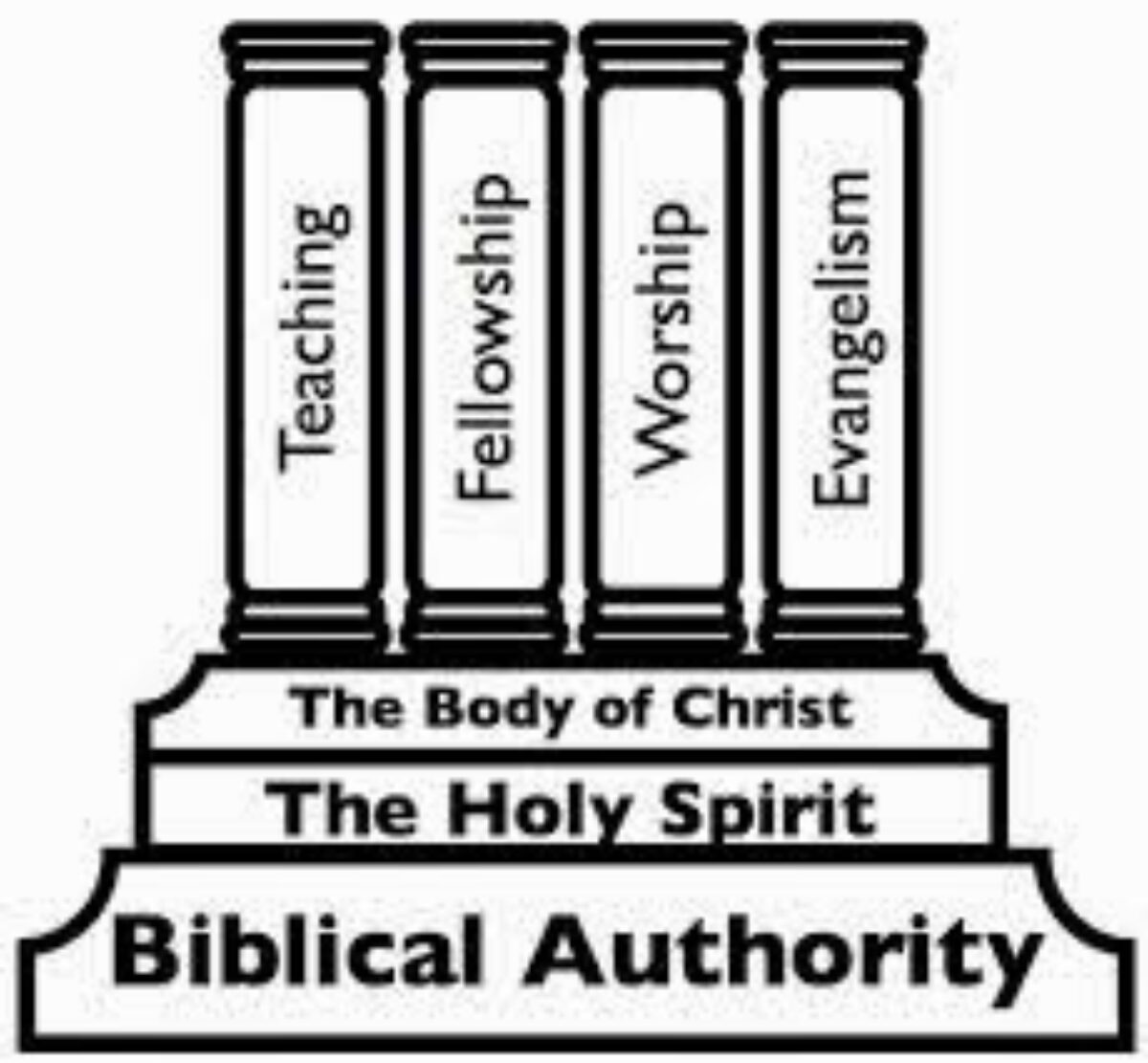The church of Laodicea, one of the Seven Churches of Revelation, was situated in the wealthy and strategically significant city of Laodicea, located near the Lycus River in the Roman province of Asia (modern-day western Turkey). Laodicea is directly addressed by Christ in (Revelation 3:14–22).
Laodicea, along with Hierapolis and Colossae, formed a tri-city region in the Lycus Valley:
Laodicea was known for its financial wealth, medical school, and black wool industry, making it a commercial and banking hub. Roman historians, such as Tacitus, record that Laodicea rebuilt itself after a devastating earthquake without imperial aid, underscoring its wealth.
Hierapolis, just across the river, was famous for its hot springs, believed to have healing properties. The ruins of ancient thermal baths and medical centers support this view.
Colossae, referenced in (Colossians 1:2) was known for producing fine wool dyed a deep red (possibly the “Colossian purple”). By the first century, however, Colossae had declined in prominence, overshadowed by its more affluent neighbors.
The rebuke to the Laodicean church in Revelation is deeply intertwined with the region’s geography and economy:
“I know your works: you are neither cold nor hot. Would that you were either cold or hot! So, because you are lukewarm, and neither hot nor cold, I will spit you out of my mouth.” (Revelation 3:15–16).
This rebuke draws imagery from the water supplies of the region:
Hierapolis’s hot springs represented hot, healing waters.
Colossae’s cold mountain water was refreshing and pure.
Laodicea, however, had to pipe in tepid water via aqueduct, which often arrived lukewarm and distasteful, mirroring the spiritual condition of the Laodicean church.
Additionally, Jesus says:
“You say, I am rich, I have prospered, and I need nothing, not realizing that you are wretched, pitiable, poor, blind, and naked (Revelation 3:17).
This rebuke sharply contrasts Laodicea’s material wealth and self-sufficiency with its spiritual poverty. Even though the city was a center of banking and textile production, Christ tells them to buy from Him gold refined by fire, white garments, and salve for their eyes a striking reference to Laodicea’s medical industry, which produced ointment for eye conditions.
Laodicea’s geographical setting, material prosperity, and lukewarm water supply serve as a profound backdrop for Jesus’ spiritual indictment. The imagery is not arbitrary, but highly contextual, rooted in the socio-economic and natural environment of the Lycus Valley. Together, these historical and biblical details enrich our understanding of why Laodicea was rebuked; yet still lovingly called to repentance and fellowship with Christ (Revelation 3:19–20).


